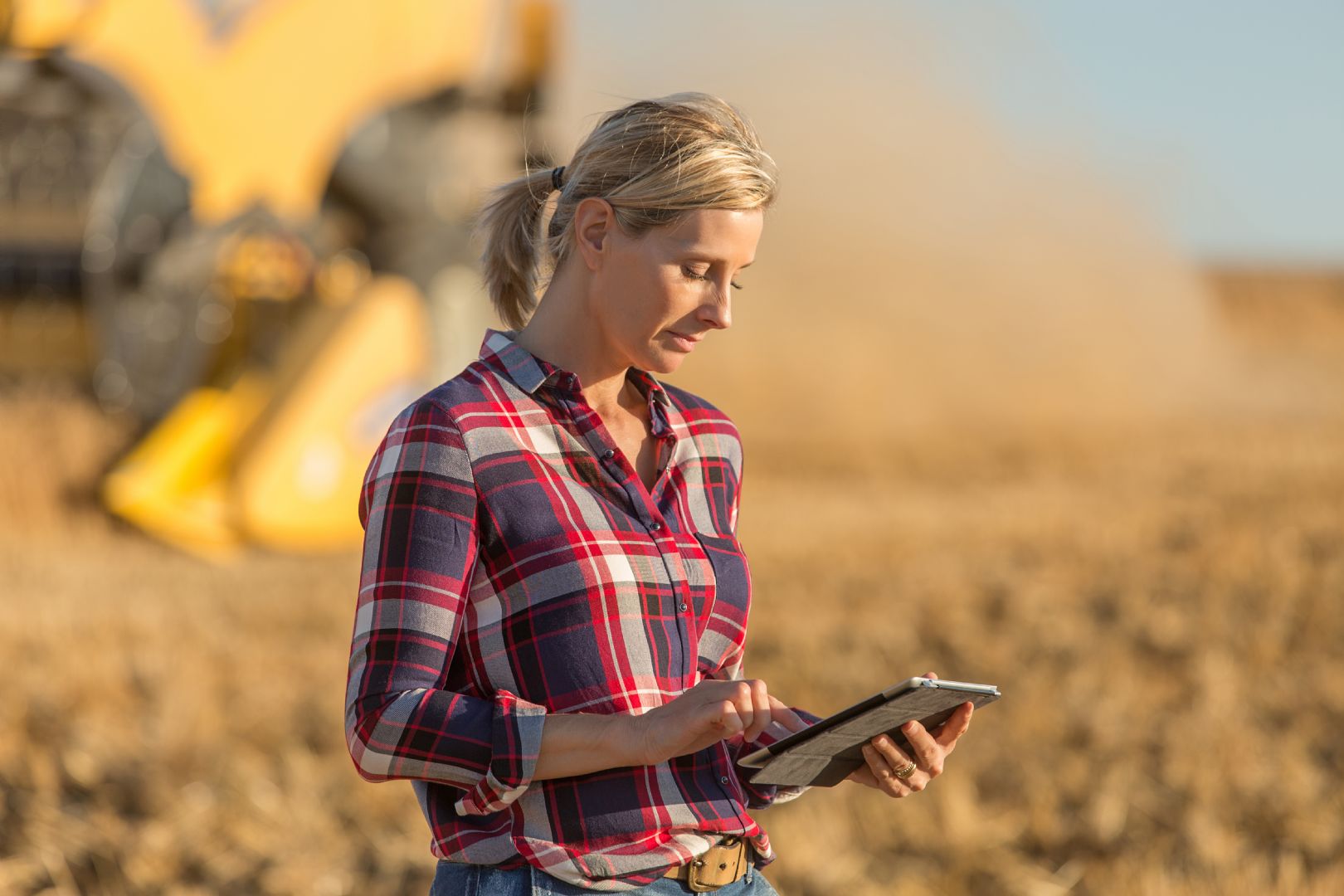
By Megan Dunn, soils and natural resources assistant at Innovation for Agriculture
Having up to date farm data can open doors for a business. Increasingly manufacturers want to know what is going into their products, and some are willing to pay a premium for ingredients grown in alignment with their values. Additionally, keeping a bank of current data at your fingertips can make audits, participating in projects or accessing funding easier, as a large part of the evidence needed is ready to go.
There are a range of farm management software (FMS) options available, all of which aim to streamline data collection so that it is all stored in one place. Data from multiple years can often be held within this software to enable evidence based decision making and to highlight trends of the most or least productive areas on farm.
It can be challenging to know where to begin with integrating farm management software as there are a growing number of options available, at varying costs. However, successfully integrating FMS into a farm can strengthen its position both for day to day operations and within the supply chain.
The role of farm management software
FMS can be useful in both arable and livestock enterprises. Primarily they store data, however many have additional features such as mapping, checking compliance, lineage recording and creating tasks lists between all farm staff. This information is often stored on the cloud, and therefore can be accessed from multiple devices and by the entire farm team, however reports can be downloaded too, allowing data to be stored on personal computers.
This can be useful for mandatory audits carried out for compliance, but it can also make optional processes, such as carbon audits, easier. A necessary improvement of FMS, which is gradually being implemented in some areas, is the ability for FMS to ‘talk’ to other data driven tools to prevent manually inputting the same data multiple times. If this function is improved, the usefulness of FMS will substantially increase, as the time required to complete data heavy tasks will reduce significantly.
Farm management software for succession
FMS can ease management changes on farms, as all previous agronomic and livestock decisions can be saved in one, accessible place. For both planned and sudden successional changes on farm, FMS enable the successor to immediately see how the farm has been managed, and therefore which actions should be continued and where changes could be made. Too often, information is lost when it is stored with one person, or on a physical file, whereas storing data within a FMS ensures that data can continually be shared. A FMS can also form the basis for discussions around large changes on farm, whether part of succession planning or not, as everyone in the conversation can use the same, objective evidence from which to base their decision making.
Farm management software options
Some systems specialise in arable or livestock enterprises, whereas others work for mixed farms. Some of the most well known FMS for arable farms include Gatekeeper, Muddy Boots, FieldView, Omnia and Fieldmargin.
For livestock systems, options include AgriWebb, Heardwatch, Breedr, FlockFinder and intellync, with . SUM-IT and Fieldmargin offering solutions for mixed farms.
The best management tool for a farm will depend on its enterprises, budget and needs.
Overcoming barriers to adopting farm management software
Most FMS offer free trials or varying payment plans as cost is a persistent barrier to uptake. Many also have open phone lines and communication channels so any questions or concerns can be considered before choosing a software. Although initially transitioning to a FMS may require a dedicated chunk of time and require some financial investment, this should be offset in the long run by increasing the overall efficiency of the business and enable financial savings through more precise decision making.
Time will also be needed to integrate the software into daily practices, such as remembering to update it frequently and learning how each of its services work. Again, however, this can be a good investment of time if it saves errors and duplication of tasks in future, especially as everyone in the farm team can receive updates and information simultaneously.
FMS offer a range of opportunities to save time, errors and cost in the long term, in addition to supporting applications for funding or business development. With carbon audits, Biodiversity Net Gain and supply chain traceability being increasingly discussed, there are growing opportunities for farmers with accurate and up to date data. There can be some initial hurdles to overcome, predominantly the cost of the software and the time required for setting it up and learning how to use it effectively, however these tend to be overcome in time by the increases in efficiency and cost savings enabled by FMS.




